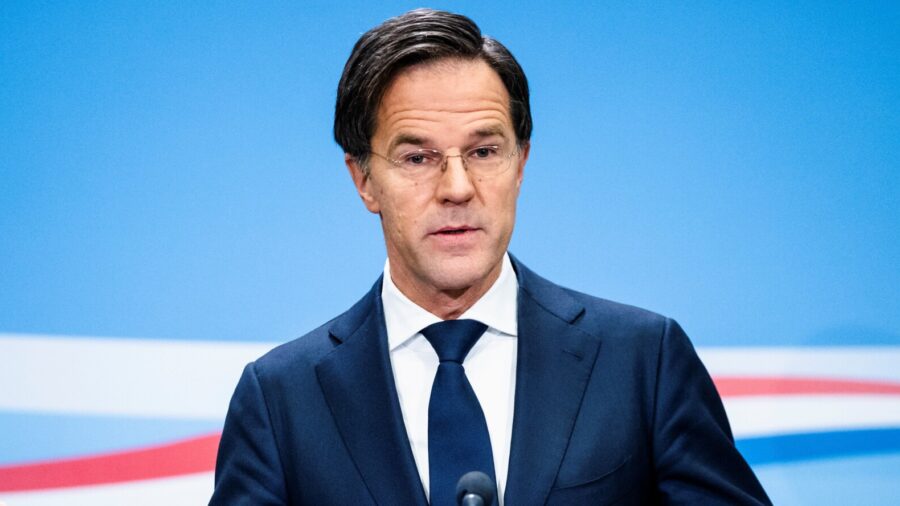I a surprise move following the collapse of his government, Dutch Prime Minister Mark Rutte said on Monday that he will not run for a fifth term in office and will leave Dutch politics altogether.
On Friday, Mr. Rutte announced the sudden collapse of his four-party coalition government owing to disagreements over immigration policy, but added that he was keen to keep the top job “because I have the energy and the ideas.”
Mr. Rutte has led the center-right People’s Party for Freedom and Democracy (VVD) for 17 years, serving four terms as prime minister of the Netherlands since 2010, a political record.
However, in anticipation of a new election in November, several parties quickly ruled out joining another coalition with the VVD.
“Yesterday morning I made the decision that I will not again be available as leader of the VVD. Once the new Cabinet is formed after the elections, I will leave politics,” Mr. Rutte said. “When a new Cabinet takes office after the elections, I will leave politics.”
The outgoing prime minister will oversee an interim government until a new coalition is formed, a process which in the fractured Dutch political landscape may take months.
The fallen four-party coalition government took office in January 2022 and comprised Rutte’s VVD, the center-right Christian Democratic Appeal party, and two centrist parties, D66 and the Christian Union.
Mounting Criticism
Known as “Teflon Mark” for his ability to endure political storms during his more than 13 years in power, Mr. Rutte has faced intense criticism over a range of major policies in recent years, primarily over his plans to cut nitrogen emissions, which would force many Dutch farmers to shut down their operations.
Mr. Rutte faced pressure from the right wing of his own party to take a tougher stance on immigration and had been trying to limit the scope for immigrant families to reunite in the Netherlands, while smaller coalition partners insisted that children and parents seeking asylum should have the right to invite their family members to join them.
Eventually, it was these differences over immigration policy that brought Mr. Rutte’s Cabinet down.
With public approval of Mr. Rutte’s leadership tanking, there is no obvious candidate for prime minister as yet.
The main political rival to the VVD in an autumn election will be the BBB (BoerBurgerBeweging, or Farmer-Citizen-Movement), a farmers’ protest party that shook up the political landscape when it took a majority of seats in the Dutch Senate elections in March.
‘Best Job in the World’
Mr. Rutte has been a tireless presence on Europe’s political stage. “He has a lot of energy. I don’t know how he does it,” Geert Wilders, a long-term political rival and leader of the anti-immigration Freedom Party, once said of Mr. Rutte. “So I compliment him for being a very hard worker.”
Among current European national leaders, the only one to serve longer than Mr. Rutte is Hungary’s Viktor Orban.
Although often tipped for high-level international positions at the EU or NATO, Mr. Rutte never hinted at seeking to leave Dutch politics, calling being prime minister “the best job in the world.”
Throughout his political career, Mr. Rutte has continued to teach a social studies class at a high school in The Hague and had said he would like to become a full-time teacher after leaving politics.
Reuters contributed to this article.


